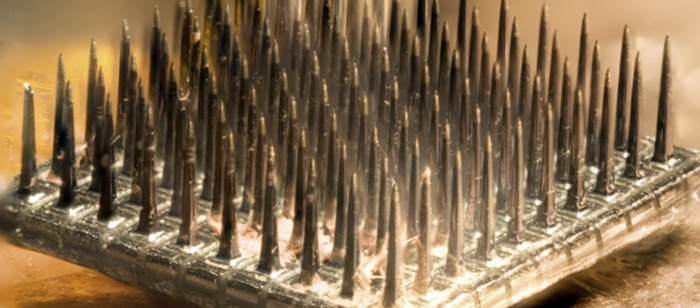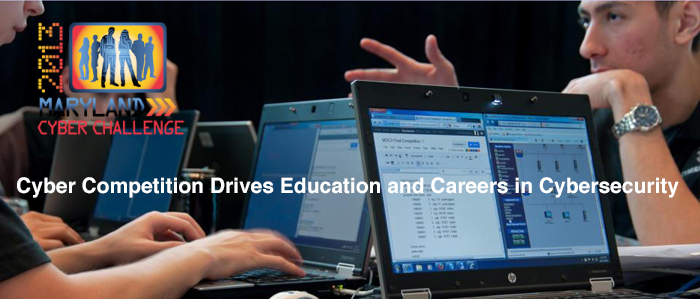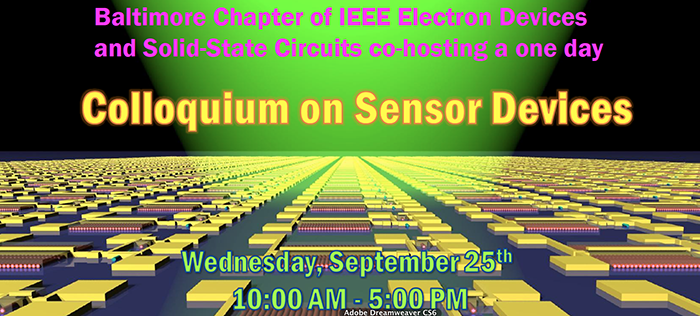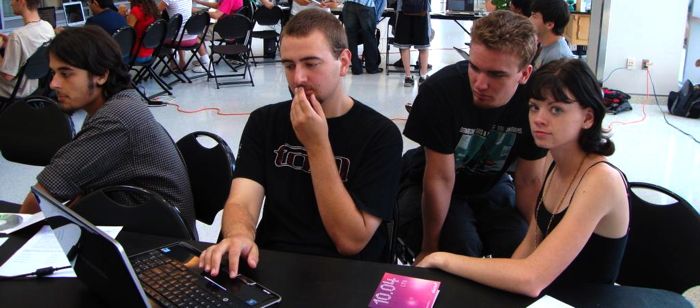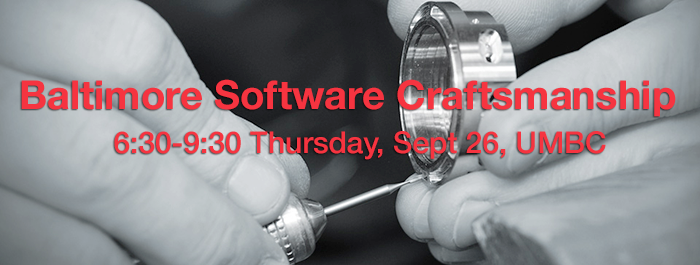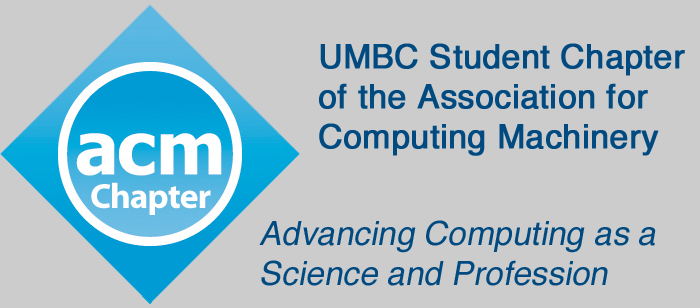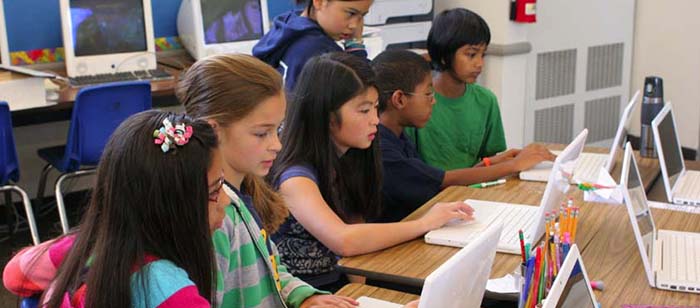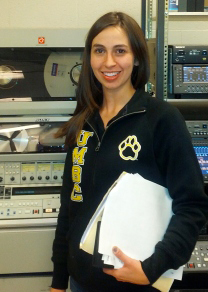
Professor Tinoosh Mohsenin received a research award from the National Science Foundation to develop multi-physiological signal processing architectures for seizure detection. The award will provide $100,000 over a two year duration to support Dr. Mohsenin and her students in the Energy Efficient High Performance Computing Lab working on this project.
The research will explore an approach to overcome problems of sensor noise, false detection, and energy/power constraints by combining the analysis of multiple physiological signals through specialized hardware implementing a multi-layer classification technique comprised of signal processing and machine learning functions. The hybrid architecture will leverage common operations and communication patterns between digital signal processing and machine learning to support these computations more efficiently than traditional approaches. The prototype system will be evaluated for use in wearable seizure detection devices by using traces of EEG and other physiological sensor data obtained from the Epilepsy Center at University of Maryland Medical Center.
The research could significantly enhance the ability to robustly and efficiently monitor multi-physiological patient data and take appropriate actions. For epilepsy, it could enable automatic seizure detection and caregiver alerts, which are critical at night, when seizures can happen without someone to help nearby. Longer term potential impacts extend to human-centered cyber-physical systems, cyber-security, and unmanned vehicles.
